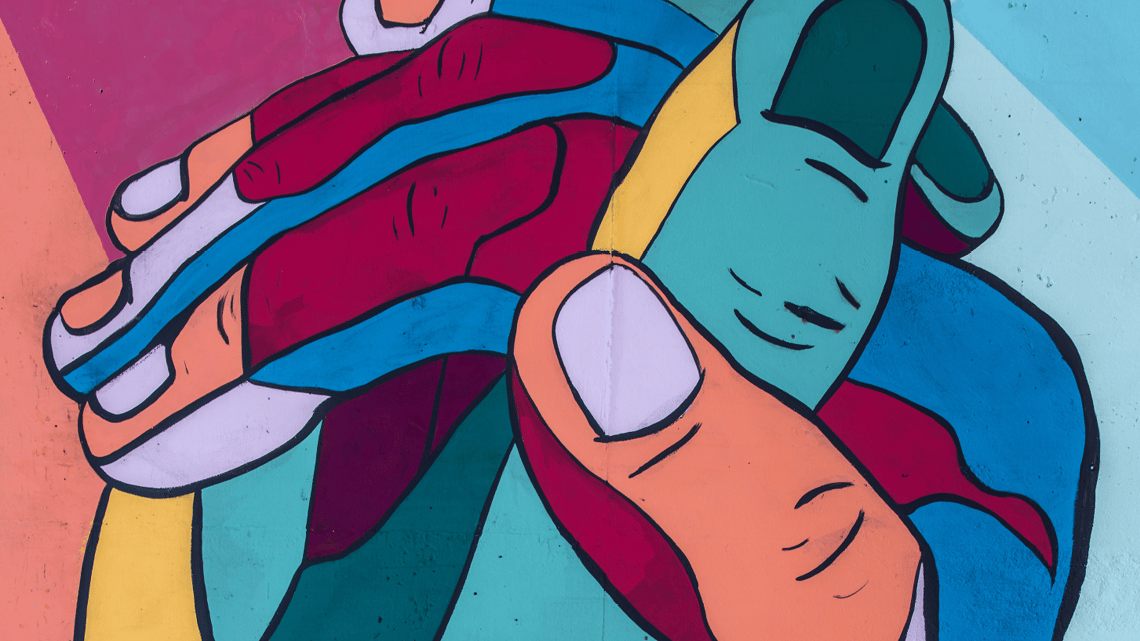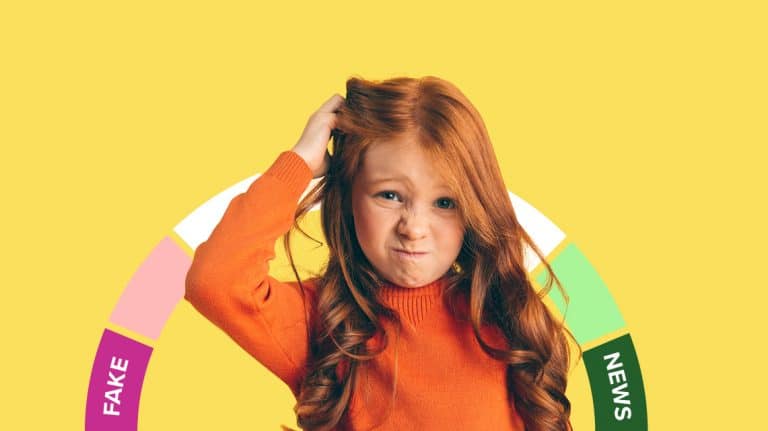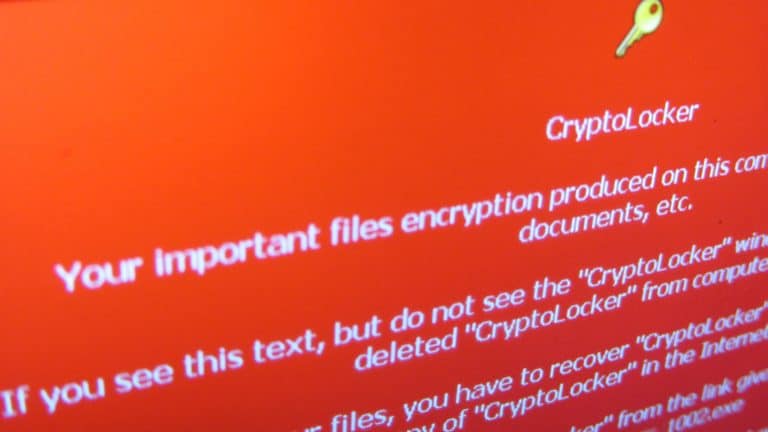Get help for race-based online abuse
If you’re experiencing online bullying, abuse or harassment based on your colour, race, ethnicity or nationality, we have a free and confidential service to help. We can also explain how the Harmful Digital Communications Act (HDCA) may apply to you. If you’re concerned about the immediate safety of you or someone else, please call 111….

IS RACIAL ABUSE ILLEGAL IN NEW ZEALAND?
In New Zealand, the Harmful Digital Communications Act tackles some of the ways people use technology to harm others online. This Act aims to prevent and reduce the impact of online bullying, harassment and other forms of abuse and intimidation. It lays out 10 communication principles that guide how to communicate online. When online abuse targets an individual based on their colour, race, ethnic or national origins it is a breach of the 10 Communication Principles .
HOW CAN NETSAFE HELP?
WHAT CAN I DO IF I’VE BEEN DISCRIMINATED AGAINST?
If you feel you’ve been discriminated against on the basis of your colour, race, ethnicity or nationality, the Human Rights Commission may be able to help. The Human Rights Act 1993 protects people in New Zealand from discrimination.
Discrimination occurs when a person is treated unfairly or less favourably than another person in the same or similar circumstances.
Under the Human Rights Act, it’s unlawful to discriminate based on colour, race, or ethnic or national origins. This type of discrimination may be unlawful when it happens in the following areas of public life:
- Government or public sector activities
- Employment
- Business partnerships
- Education
- Public places, vehicles and facilities
- The provision of goods and services
- The provision of land, housing and accommodation
- Industrial and professional associations, qualifying bodies and vocational training bodies
Racial disharmony (also known as New Zealand’s civil hate speech provision) is another form of discrimination under the Human Rights Act. This type of racial discrimination is directed against a group of persons, rather than an individual. Section 61 makes it unlawful for any person to publish or distribute written matter or use words in public which are threatening, abusive, or insulting and likely to excite hostility against or bring into contempt any group of persons on the ground of the colour, race, or ethnic or national origins.
If you feel you have been discriminated against on the basis of your colour, race, or ethnic or national origins you can contact the Human Rights Commission.
The Human Rights Act also provides for a criminal remedy for inciting racial disharmony. The crime carries a conviction of imprisonment for a term not exceeding three months or to a fine not exceeding $7,000.
WHAT CAN I DO TO STOP THE RACIAL ABUSE?
- Make a plan: This type of abuse can be extremely upsetting, but it’s important to think through your approach.
- Get help: Talk to someone that you feel you can trust. This could be a close friend or whānau. If you’d rather talk to someone else, you can contact Netsafe, Need to Talk, Lifeline or Youthline.
- Keep the evidence: Save texts and emails and take screenshots of anything that might disappear later. Make sure you keep track of dates, what has happened, who you think did it and why. You can follow our instructions if you need help.
- Report it: Block or report the abuse online. Most social networks have safety centres with tips on how to deal with abuse on the platforms. Here are some handy links:
There’s also the ability to disable comments on posts and videos on Instagram and YouTube.
- Contact Netsafe: We can help you with advice and support. You can make a report online, text ‘Netsafe’ to 4282, email us at [email protected]or give us a call on 0508 NETSAFE (0508 638 723).
CONTACT NETSAFE FOR HELP
Our helpline is open from 8am – 8pm Monday to Friday and 9am – 5pm on weekends. You can make a report to Netsafe by:
- Text ‘Netsafe’ to 4282
- Email [email protected]
- Phone toll free on 0508 638 723
- Online report form at netsafe.org.nz/report
OTHER SUPPORT SERVICES
Lifeline
Youthline
Shakti
Need to Talk
Human Rights Commission
0800 WHATSUP










